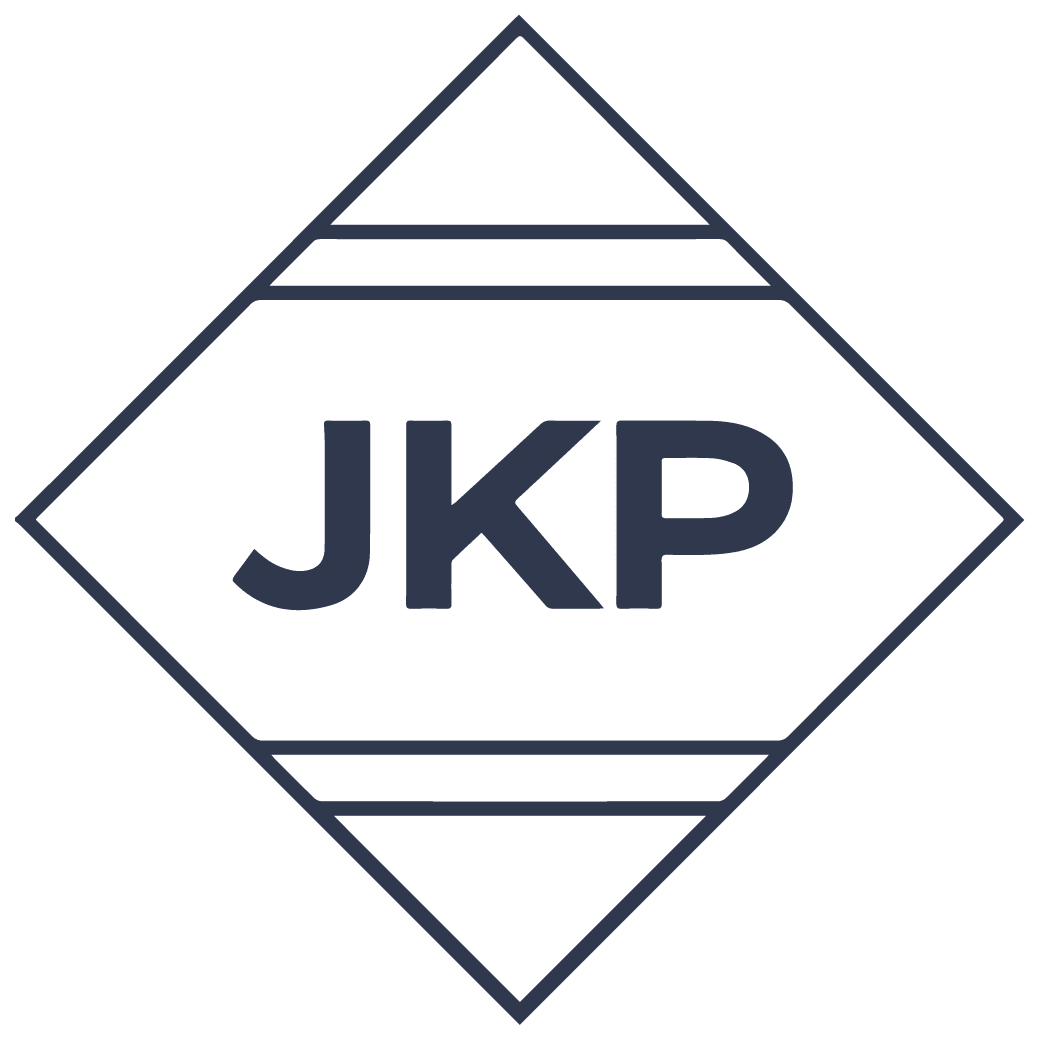The UK government has recently published updated guidance on standards and import requirements for selling imported food and manufactured goods in the UK.
According to the Foreign, Commonwealth & Development Office and the Department for Business and Trade, if you are importing goods into the UK, they must comply with the most recent standards for product marking, labelling, and marketing.
The following standards for selling imported goods in the UK apply to foodstuffs, plants and seeds, and manufactured goods (including textiles, such as clothing).
Product marking
The current CE marking standards used in the UK will apply until the end of next year (2024). These will then be replaced with the new UK Conformity Assessment (UKCA) marking standards.
You can read more about product marking for manufactured goods before placing them on the market in Great Britain in the government’s guidance on product marking in the UK.
Food labelling
To sell imported food in the UK, manufacturers must comply with food information labelling standards for providing ingredient and nutritional information to customers.
You must also ensure that your labels comply with food labelling composition rules to represent the food and its quality honestly, especially for products like bottled water and meat.
Similarly, your food products must comply with general food labelling and packaging requirements, ensuring the information is easy to read, easy to understand, and not misleading.
To sell organic food, manufacturers must be approved by an organic control body in the UK, and comply with organic food labelling rules for honest representation of organic food production.
Aside from food, manufacturers who will be retailing imported textiles in the UK are also required to follow textile labelling requirements. Product labels must list the fibre content and must also declare any fur or other animal parts.
Marketing standards
There are various marketing standards that you must adhere to for specific products if you plan to market these imported goods in the UK, including:
- Importing, selling, and labelling wine
- Marketing poultry meat
- Marketing eggs
- Hatching eggs and chicks
- Marketing beef and veal
- Marketing hops (and hops products)
If you breed and import new varieties of plants, you must also apply for plant breeders’ rights (PBR) to be able to market a new variety.
Import requirements
Certain items are subject to particular rules that require businesses to obtain licences or certificates before they are allowed to import them into the UK for sale. These include:
- Animals (and animal products)
- Plants (and plant products)
- High-risk foods (risk of contaminants, pesticides, etc.)
- Veterinary medicine (for non-human animals)
- Human medicine (for use by humans)
- Controlled drugs (named in Misuse of Drugs legislation)
- Waste (classified shipments for recovery or disposal)
- F-gas products and equipment
- Drug precursor chemicals
- Hazardous chemicals
- Nuclear material
- Weapons (guns, knives, swords, etc.)
It is required by law that UK market access for high-risk commodities is officially pre-approved. Unless the country you are exporting the goods from has been approved, businesses cannot legally import those goods into Great Britain.
Import controls
There are legal restrictions on high-risk goods that could affect human health or animal health in the UK. Import controls mitigate these risks by ensuring sustainable production and giving consumers confidence that the products they buy are what they say they are.
Special import controls currently apply for organic products, seeds and plants, veterinary products, some foods with GB import restrictions, and unreported or unregulated fishing.
There are also emergency import control measures that are introduced when a specific incident could affect product standards – which is why there are currently restrictions on goods imported from Ukraine and North Korea.
Whichever goods you intend to import and sell in the UK, you must first check all the import controls and labelling and marketing standards to make sure your business complies.
Manage your UK imports in a bonded warehouse
As regular importers will be well aware of, importing goods to sell in the UK comes with various declarations to be filed and duties to be paid.
However, this can become much easier for importers who choose to store their goods in a bonded warehouse until they are ready to distribute them in the UK market.
This process allows you to defer customs duty payments while you prepare your goods for sale in the facility, such as packaging and labelling them in line with the standards above. You can learn more about the handling rules for goods in bonded storage in our previous blog.
We frequently expound on the many benefits of bonded warehouses for UK importers, so if you’re wondering whether our comprehensive services could boost your business, then contact us today.
The John K. Philips team would be happy to discuss what we can do for you at our HMRC-approved bonded warehouse in North West England – so call 01744 751 000 or fill out the contact form and we will be in touch.


